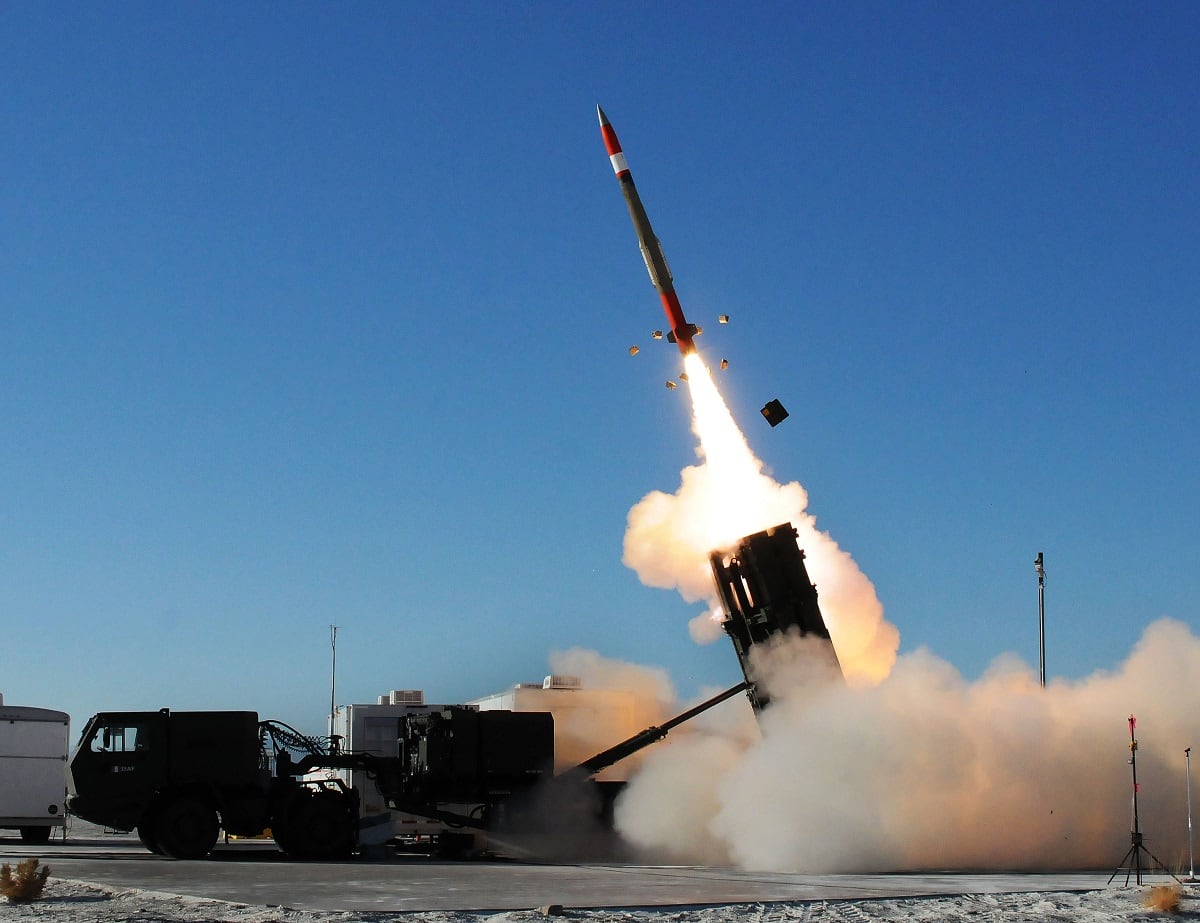COLOGNE, Germany — Lockheed Martin and MBDA Deutschland have submitted another bid for Germany’s next-generation air defense system, following negotiations throughout the summer that some observers said nearly tanked the project.
The “updated proposal,” as the companies called it in a joint statement Friday, presumably will find smooth sailing in the Defence Ministry’s upcoming analysis. That is because government officials and company executives already went through extensive discussions in the past few months to iron out sticking points left unresolved in previous bids and re-bids.
“In the last months we made progress in further detailing the Integrated Master Schedule, relevant specifications as well as performance simulations to de-risk the future contract,” Thomas Gottschild, managing director at MBDA Deutschland, said in the statement.
But there are no guarantees, especially when it comes to the famously circuitous Taktisches Luftverteidigungssystem, or TLVS. The program grew out of the now-defunct Medium Extended Air Defense System, which the Pentagon helped fund. Germany wants the weapon to replace its fleet of Patriot batteries.
The German Defence Ministry did not immediately respond to a request for comment.
RELATED

The government in Berlin is under the gun to deliver military programs on time and on budget, especially now that the ministry wants to keep up defense spending despite the economic blow of the coronavirus pandemic. As a result, officials want to place greater financial liability on the contractors in case things go awry.
That approach is infused throughout the TLVS contractual categories of “risk” and “terms and conditions,” industry officials previously said, though details are under strict wraps.
Executives previously argued the proposed risk distribution is unsuitable for a development-heavy program like TLVS, making Lockheed especially wary of pursuing the deal after all. At the same time, the American defense giant finally needs to sell the program to a government customer if it wants the advertised revolution in missile defense equipment to actually happen.
The envisioned weapon will feature a 360-degree sensing and shooting capability, which means operators no longer need to anticipate from which direction aerial threats will likely approach, as was the case with the sectored Patriot system.
“TLVS will transform Germany’s defense capabilities and set an important precedent in how neighboring nations address persistent global threats for years to come,” Lockheed and MBDA claimed in their joint statement.
The German parliament, currently in recess, will have to approve the government’s acquisition plan for TLVS — that is, if the industry consortium’s newest submission makes the ministry’s cut.
Sebastian Sprenger is associate editor for Europe at Defense News, reporting on the state of the defense market in the region, and on U.S.-Europe cooperation and multi-national investments in defense and global security. Previously he served as managing editor for Defense News. He is based in Cologne, Germany.








